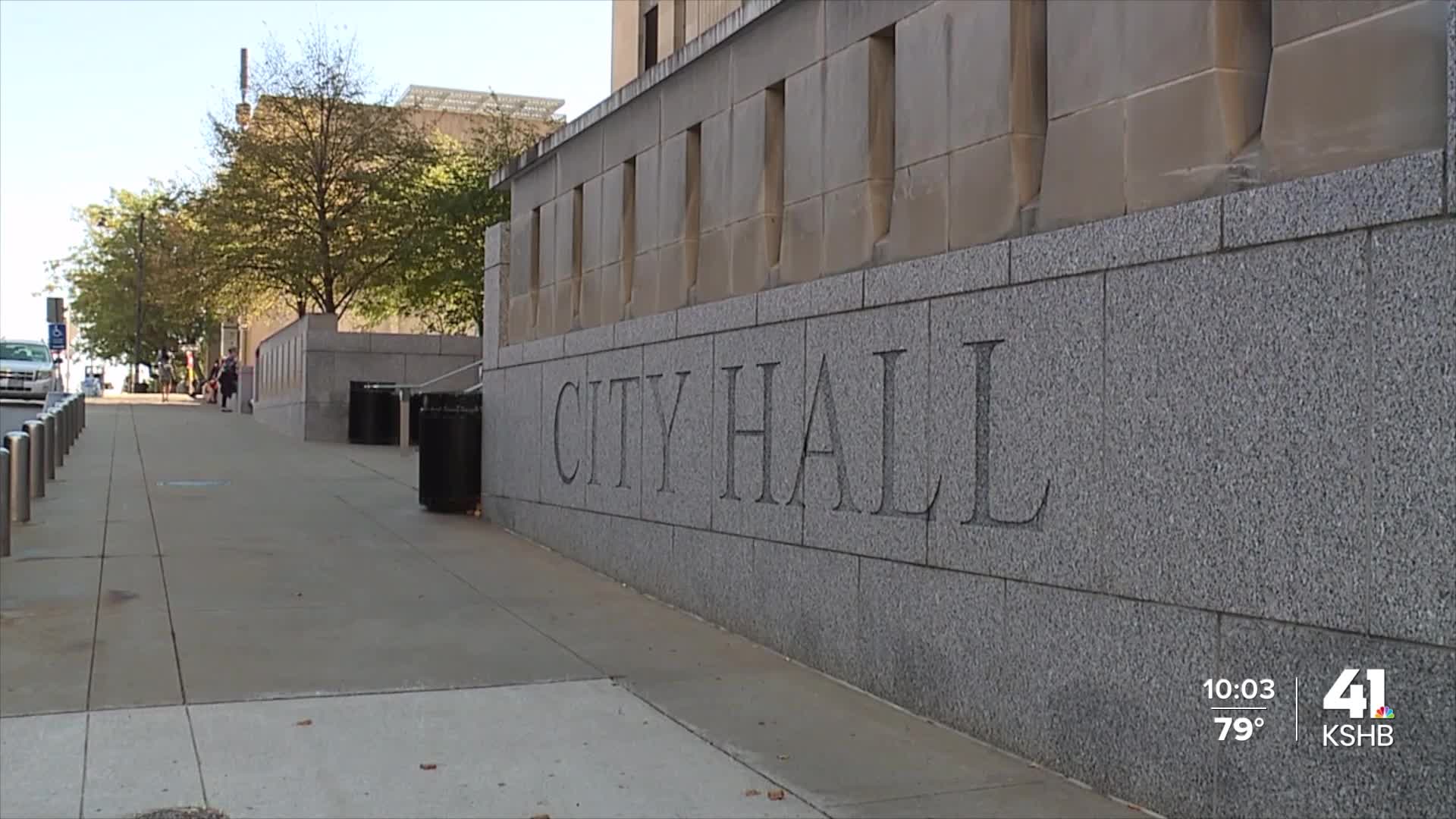KSHB 41 reporter Isabella Ledonne covers issues surrounding government accountability, solutions and consumer advocacy. Share your story with Isabella.
—
There are thousands of 311 requests in Kansas City, Missouri, that have not been resolved or closed.
Earlier this year, KSHB 41 News amplified the voices of neighbors who had trouble getting their 311 complaints fixed.
"I think it's probably not the best system because I think if multiple people are reporting it, it shows that it's a bigger issue," Shannon Underwood said in March.

Since then, Kansas City, Missouri, joined a new program with experts to make the 311 system more efficient by using AI.
From broken sidewalks to fallen trees, KCMO doesn't know what problems to fix unless residents report them.
But with 19,607 open KCMO reports, leaders are leaning into City Data Alliance for improvements.
"Streamline, create efficiencies, automate, make things connect together where previously they were not connected," Chief Digital Officer Andrew Ngui said.

Ngui will help analyze the 311 data to see what the challenges are, then use AI to make the process more responsive. It's a nationwide initiative with Bloomberg Philanthropies, so it's not costing the city's taxpayers.
"We're really paving the way for that to happen for city services and to really, ultimately, improve quality of life," Ngui said.
One of the challenges residents hope is addressed is the response time.
"It's been several months, many months," Kansas City resident Tom said.

Tom is frustrated about his 311 request regarding a sunken portion of pavement near Westport.
"Just be careful, there's a sinkhole opening up under your left rear tire over there," Tom told KSHB 41's Isabella Ledonne.
Tom explained he's called the city and 311 more than once.
"Has it been checked?" Tom said. "Is it safe?"
According to 311 records, there are still open requests from 2022.
"[The initiative] should cut down on the number of open 311 requests and, more than anything, it should close them faster with real responses and real reactions," Mayor Quinton Lucas said.

Mayor Lucas hopes the technology will both fix the problems and predict them.
"Having a way that we get to more things faster, that we can prioritize and triage better for what's coming in will make us fundamentally safer," Mayor Lucas said.
Kansas City's data alliance is in its early days, but leaders expect to roll out the changes with AI over the next 10 months.
"It will certainly be a win for the city," Ngui said.
Tom hopes the program does work and helps requests like his rise to the surface.
"Does it fall through the cracks and just never get addressed?" Tom said.
Bloomberg Philanthropies said the program does not use or store personal data from residents.
"Across the board, the city halls we are working with are actively thinking about how AI can bolster their 311 operations to be more responsive and even proactive," AI and Data Leader Carrie Bishop said. "Many are considering using AI to route resident requests and categorize inquiries as they come in, making fixes or enhancements faster."





